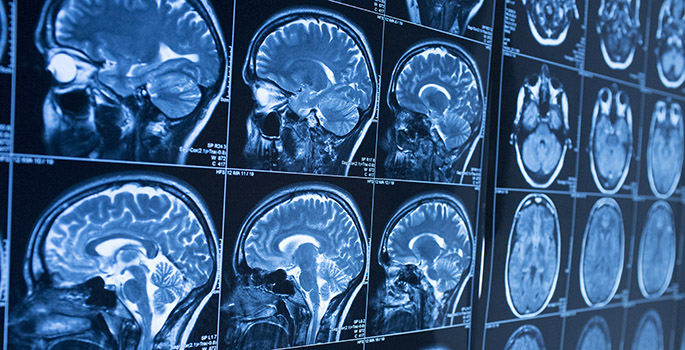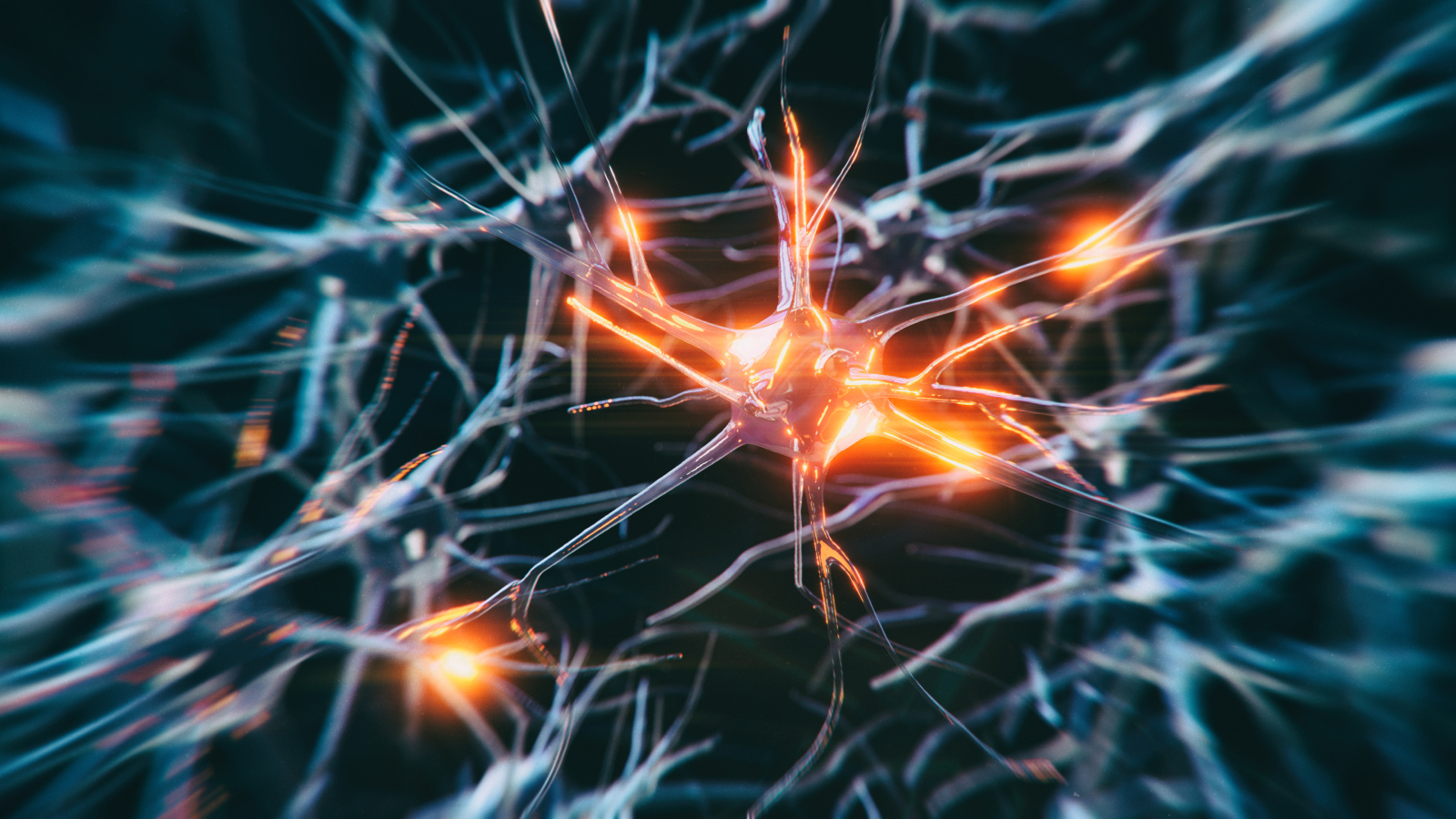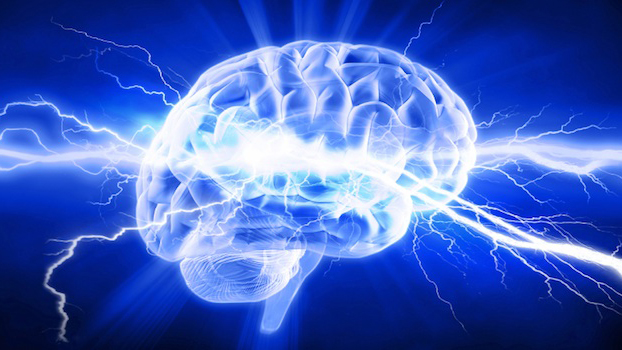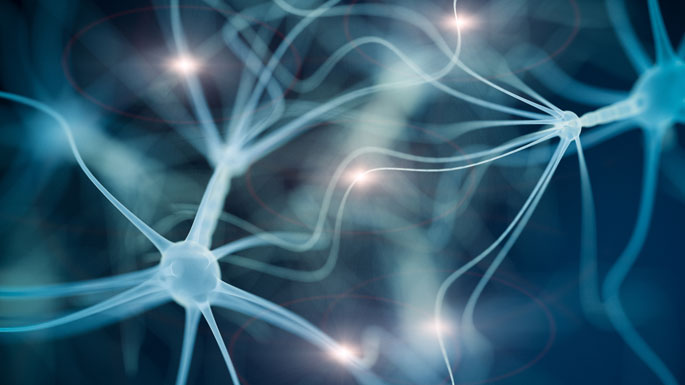Epilepsy
-

Nguyen marries basic and translational approaches to ID new brain region responsible for epileptic seizures
Incoming assistant professor of pharmacology Quynh Anh Nguyen spearheaded research that points to a previously unidentified region of the hippocampus as responsible for epileptic seizures. The work could lead to new avenues of treatment to help epilepsy patients control their seizures. Read MoreApr 23, 2024
-

Study reveals a universal pattern of brain wave frequencies
Throughout the brain’s cortex, neurons are arranged in six distinctive layers, which can be readily seen with a microscope. André Bastos, assistant professor of psychology, is senior author on a study published in Nature Neuroscience detailing that these layers also show distinct patterns of electrical activity, which are consistent over many brain regions and across several animal species, including humans. Read MoreJan 18, 2024
-

New NIH grant funds novel brain network approach to improve epilepsy surgery
A multidisciplinary group of investigators from Vanderbilt University Medical Center, Vanderbilt University, and the University of Pennsylvania received a $3.2 million grant to develop novel brain network-based measures to guide surgical decisions and improve outcomes in the field of epilepsy surgery. Read MoreJan 18, 2024
-

New NIH grant funds novel brain network approach to improve epilepsy surgery
A multidisciplinary group of investigators from Vanderbilt University Medical Center, Vanderbilt University, and the University of Pennsylvania received a $3.2 million grant to develop novel brain network-based measures to guide surgical decisions and improve outcomes in the field of epilepsy surgery. Epilepsy is a debilitating neurological disorder where seizures are often resistant to medications, but... Read MoreJan 18, 2024
-

Nonprofits support quest to cure childhood epilepsy
Monica Joanna Elnekaveh was doing everything she could to learn what was causing her 18-month-old daughter’s developmental issues. Her relentless quest to find answers eventually led her to Vanderbilt investigative neurologist Jing-Qiong (Katty) Kang, MD, PhD. Read MoreNov 29, 2023
-

Vanderbilt Master of Public Health student named 2023–24 Luce Scholar
Layan Ibrahim, Master of Public Health Class of 2023, was named to the 2023–24 class of Luce Scholars. The Luce Scholars Program is a nationally competitive fellowship program launched by the Henry Luce Foundation to enhance the understanding of Asia among potential leaders in American society. Read MoreApr 21, 2023
-

Vanderbilt-Ancora partnership advances research for rare form of epilepsy
Research in the Weaver lab leads to discoveries that help secure partnership with Ancora Innovation LLC. “Vanderbilt is at the forefront of genetic research. By understanding the genetic causes of disease opens exciting new opportunities to develop drugs to treat them more effectively,” said Matt Nelson, vice president, genetics and genomics, 3DC at Deerfield Management. Read MoreOct 27, 2022
-

Sudden death from deep in the brain?
Vanderbilt neurologists found altered excitability in deep brain structures that they note may drive respiratory dysfunction and sudden death in a rare form of epilepsy. Read MoreAug 9, 2021
-

New $2 million NIH grant advances less invasive procedure for TLE
A Vanderbilt research team has received a $2 million National Institutes of Health grant to further develop a needle-size robotic surgery system with real-time MRI guidance for drug resistant temporal lobe epilepsy (TLE). Such a procedure has the potential to reduce or eliminate seizures using a minimally invasive approach over the current standard of care,... Read MoreFeb 16, 2021
-

Inflammation in genetic epilepsy
Brain inflammation links genetic and acquired epilepsy — providing new clues about epilepsy development and pointing to potential treatments. Read MoreJan 21, 2021
-

Single mutation causes seizure disorder
A single mutation in one gene can impair inhibitory signaling in the brain and cause multiple types of seizures and behavioral abnormalities. Read MoreJun 22, 2020
-

A new anti-seizure target?
Vanderbilt neurologists have identified a protein modification that could be targeted to reduce neuronal excitability in epilepsy. Read MoreDec 12, 2019
-

Blueprint for treating epilepsy
Structural details of a protein that is essential to normal brain function could improve treatments for epilepsy and other seizure disorders. Read MoreNov 14, 2019
-

Team discovers one more piece to the autism puzzle
Vanderbilt investigators have linked genetic mutations in a single receptor to epilepsy, autism and intellectual disability. Read MoreOct 3, 2019
-

Astrocytes and epilepsy
A protein with important functions in astrocytes — star-shaped brain support cells — may alter neuronal excitability and contribute to seizure activity, Vanderbilt researchers report. Read MoreSep 9, 2019
-

Chang, Englot receive $3M NIH grant for epilepsy imaging work
A team led by an engineering professor who specializes in techniques to analyze functional neuroimaging data and a neurosurgeon-scientist has received a $3 million National Institutes of Health grant for epilepsy research. Read MoreAug 29, 2019
-

Research reveals underappreciated role of brainstem in epilepsy
New research from Vanderbilt suggests that repeated seizures reduce brainstem connectivity, a possible contributor to unexplained neurocognitive problems in epilepsy patients. Read MoreMay 31, 2018
-

Cannabis compound reduces seizures
Cannabidiol (CBD) oils reduced seizures in patients with difficult-to-treat epilepsy, Vanderbilt investigators have found. Read MoreFeb 26, 2018
-

Neurostimulation an option for some epilepsy patients
Patients with epilepsy who suffer seizures that can’t be effectively treated with medications or established surgical interventions could benefit from responsive neurostimulation, a relatively new treatment. Read MoreSep 28, 2017
-

Goal of new tissue-chip research is to assess efficacy of novel epilepsy drugs
An interdisciplinary team of Vanderbilt University researchers has received a two-year, $2-million federal grant to develop an “organ-on-chip” model for two genetic forms of epilepsy. Read MoreSep 20, 2017